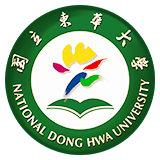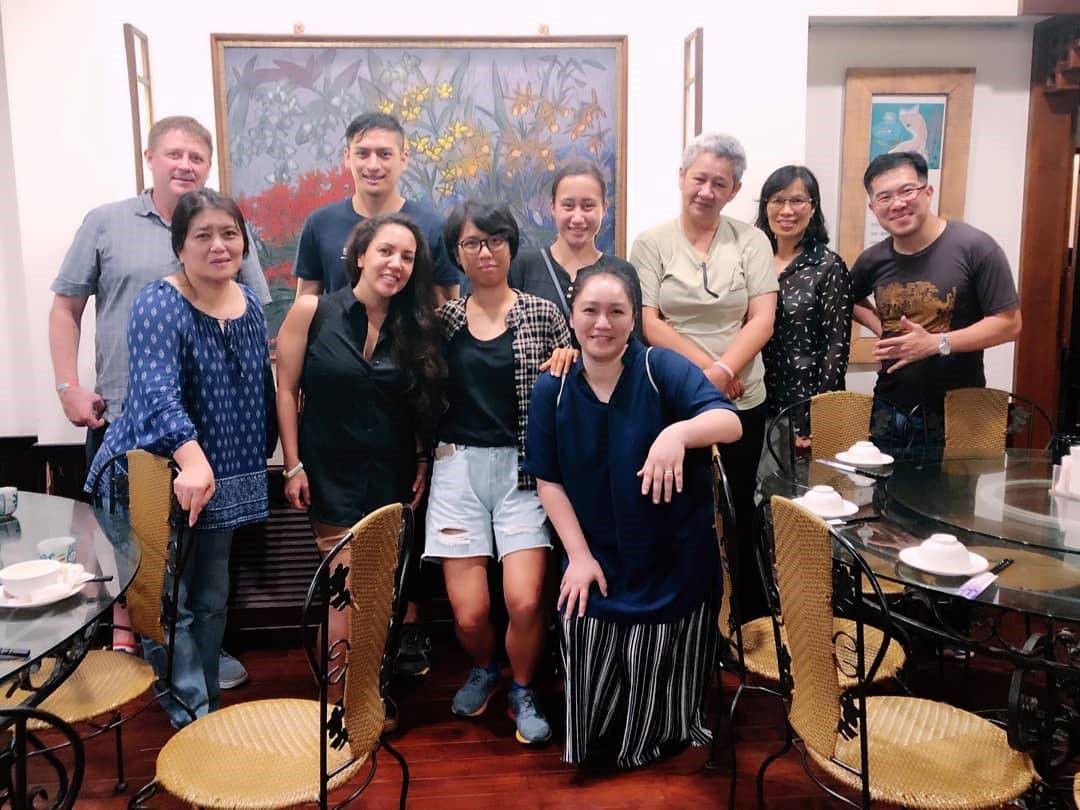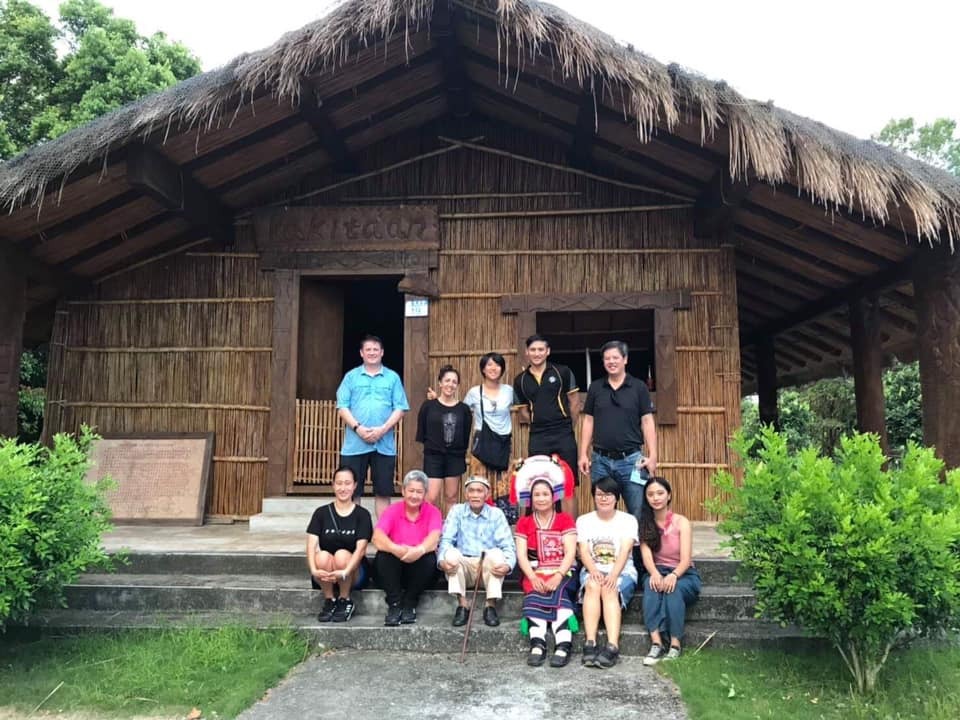


Students and Professors including Prof. Bavaragh Dagalomi, Prof. Apay, Prof. Yi-tze Lee, etc discussed issues about language, culture, health, self-determination, human landscape, and urban indigenous peoples
Center for Internaitonal Indigenous Affairs (hereinafter referred to as CIIA) hosted Dr. Linda Waimarie Nikora and her accompanies for visiting local communities and engaging in exchanges of local issues. Being their first time visiting Taiwan, the visit consisting of abundant experiences and fruitful conversations resulted in further willingness of cooperation on both parties.
Dr. Nikora has a celebrated research and academic career whose specialties are in social and indigenous psychology. She is a co-director at Ngā Pae o te Māramatanga (New Zealand Maori Research of Excellence) and a Professor of Indigenous Studies at Te Wānanga o Waipapa, the University of Auckland. Coming along with Linda, Dr. Darrin Hodgetts who is a professor teaching social psychology in Massey University and Dr. Shiloh Ann-Maree Groot who is a senior lecturer in Auckland University were also invited by CIIA to share their experiences with volunteers under off-site training who are going to attend "World Indigenous Nations Higher Education Consortium" (hereinafter referred to as WINHEC). Meanwhile, through visiting Taroko National Park, they became familiar with trauma from and historical background of Truku people fighting against Japanese colonization, mining problems created by Asia Cement Cooperation, and Return Our Land Movement.
CIIA arranged them to go to Kaluluan, Sila Ning-av, Makota'ay, and PateRongan communities, etc. They were introduced to the cultures of Bunun, Pangcah, Kabelan, Sakizaya peoples who are living along the coastline and on the East side of Coastal Mountain Range in harmony. The guests also learned about the current situation of how peoples from different communities dedicate themselves in revitalization of culture, language, and education. It's also worth mentioning that they had their lunch at creative cuisine restaurant which had been introduced by a famous New Zealand TV programme about cookery and food~Karena and Kasey~in Cawi' community. Served with creative and delicate combinations of seasonal vegetables and fresh seafood, the guests had a further understanding of Pangcah food traditions and creativity. Furthermore, through the Community Ecotourism led by Cawi' Community Development Associaiton, they experienced rafting, net casting, archery, and gathering as experiencing a Pangcah's everydayness.

After the tour and ceremony led by sikawasay, the guests take a picture before kakita'an in Tafalong community
Later on, led by Sifo Lakaw~the executive of Hualien Indigenous Community College, they went to Tafalong which consists of Pangcah people to visit their traditional ancestral house~kakita'an. The sikawasay (shaman) began the ceremony by introducing the guests to the elder residing in the house. Dr. Nikora who comes from East side of Māori, Aoteaora and a maternal tradition sang the songs and prayers in Māori in return. Sikawasay told the origin stories of Tafalong by introducing each one of the Ancestors' Pillars and they shared with each other the similarities between Māori and Pangcah's mythology and language. Kakita'an was witness to this heart-to-heart cultural exchange and conversation.
Dean of College of Indigenous Studies, Pasuya Poiconu (Chung-Cheng PU) , thanked for the warm and welcoming treat he had received when he visited New Zealand and gave "The Outline of the History of Taiwanese Aboriginal Literature"which was published by the Dean as a gift to our guests, hoping that the guests would have a further opportunity to understand the fundamental knowledge system in Taiwanese indigenous cultures. Director of CIIA, Bavaragh Dagalomai (Jolan HSIEH), said that the visiting guests are all respectful and extraordinary academics. It is a pleasure that a high willingness and interest of further academic cooperation has been bred on both side within the three-day visit.
|
|

